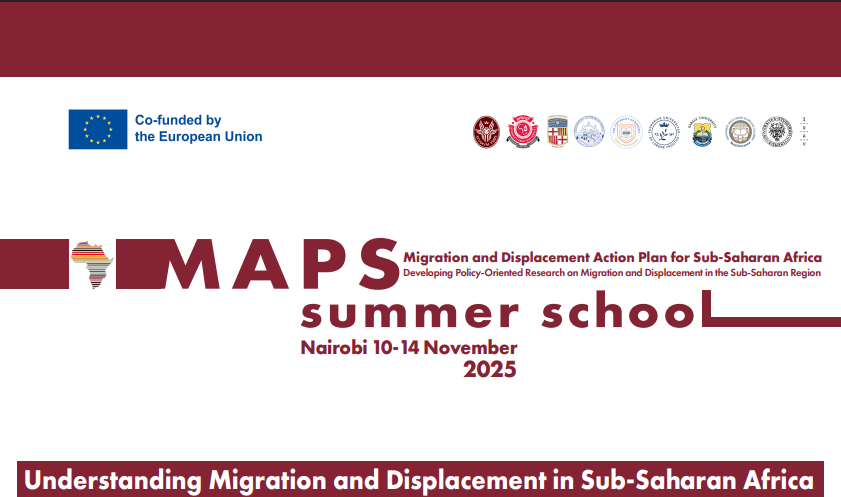The Summer School seeks to provide participants with a rigorous and interdisciplinary framework for understanding migration as a multifaceted global phenomenon. Through lectures, practical workshops and role-plays, the program aims to achieve the following objectives:
o Enhancing understanding of migration dynamics and their global and local implications
Participants will explore the structural, political, economic, social, and cultural dimensions of migration, examining both historical trajectories and contemporary challenges. Particular attention will be given to the interplay between global processes and local realities, as well as to the ways in which mobility shapes identities, communities, and governance systems.
o Developing advanced research and analytical skills. The program will provide participants with the conceptual and practical tools needed to begin conducting research on migration and displacement in Subsaharan Africa. Sessions will introduce the relevant literature, policies and practices in the field, as well as strategies for identifying relevant sources and case studies. By engaging with empirical materials and guided working group activities, participants will lay the groundwork for more advanced methodological training to be pursued in the following edition of the Summer School.
o Fostering intercultural dialogue and collaborative learning. By bringing together students, scholars, and practitioners from different cultural and disciplinary backgrounds, the Summer School provides a space for intellectual exchange and mutual learning. Participants will be encouraged to engage in collaborative discussions, share their own experiences and perspectives, and develop joint reflections on migration-related issues, thus promoting intercultural understanding and academic cooperation.
o Linking research, policy, and practice. The program aims to bridge the gap between academic inquiry and real-world challenges by connecting theoretical insights with policy debates and field experiences. Participants will critically reflect on how research can inform evidence-based policymaking and contribute to more inclusive, sustainable approaches to migration governance.


